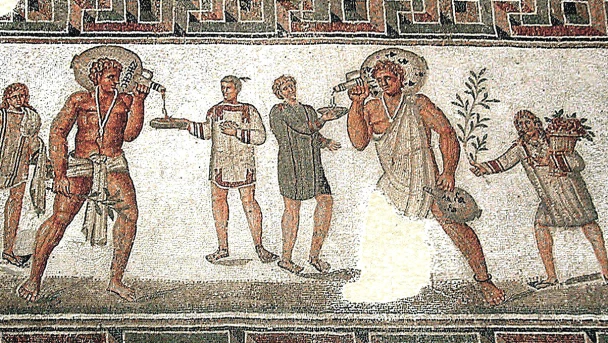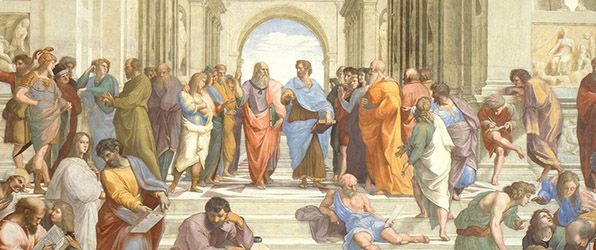
In the darker recesses of the Internet, people like to talk about something called the ‘Boogaloo’. People make references to some future event that goes by this name, and talk about what they would do if and when it happens. As this essay will explain, the Boogaloo is an essential part of the Clown World eschatology.
Most people can sense that something’s fucky about the way the world is. It’s not for nothing we call it Clown World. One study showed that young people today have less than 40% of the housebuying power that their parents had – and things are getting worse. We know that things that are so fucked that they can’t remain that way. Nothing so badly screwed up can also be durable.
It’s obvious to most of these people that the current order of the world is destined to collapse – and soon. There are too many inexorable forces that are pushing towards this. The rot has set in so deeply that it has already reached right into the heart of what holds our society together. The foundations are already giving way.
When the current order of the world does collapse, it’s likely to be ugly. Our economies already operate on the principle of “just in time” delivery, and that means when the shit does hit the fan, supermarkets and petrol stations will start going empty in short order. When they do, people will start to panic. This will result in a sharp increase in desperate, opportunistic behaviours.
This means violence. When basic necessities start becoming scarce, some people will start fighting over what little remains. Normal loyalties to nation, race, neighbourhood and even family will start to break down, and treachery will become commonplace. This state of all-on-all warfare is what people mean by the Boogaloo.
The Boogaloo is the chimpout at the end of this age of the world. It is Ragnarok. It is Armageddon. It is the great reconciliation of grudges and grievances. The Boogaloo is when all law and order collapses, and life becomes reduced to its fundamental principle of kill or be killed.
In the theology of Clown World, the Boogaloo is the great day of judgment. All the tribulations we currently face are merely preparations for this great climax. In much the same way that other religions claim that the order of the world is so inherently evil that it cannot maintain, so too does the Clown World pantheon tell a story of an inescapable final cataclysm of violence.
A common accompaniment to talk about the Boogaloo is weapons talk. A lot of people have been preparing specifically for the end of the world, by stocking food, water, medicine – and firearms. It’s assumed that the Boogaloo will involve a lot of violence, especially in the early days before the population thins out. Having the right weaponry for the Boogaloo is a preoccupation for many in Clown World.
Also related is discussion about social unrest. People like to talk about what might kick the Boogaloo off. Popular theories include an intensification of racial conflict, a spectacular terrorist attack such as the detonation of a nuke, or a sudden change in Government like a coup or impeachment trial. A sudden outbreak of war between Israel and Iran, leading to a nuclear exchange, is another favourite theory.
The classic Boogaloo discussion involves whether the U.S. Army would follow orders to fire on American citizens, should it come down to that. At some point, the reasoning goes, civil unrest would lead to the Army being sent in, and if disorder continued the soldiers might be given an order to fire upon the rioters.
Because Clown World is so shit, many people (especially young men) yearn for the Boogaloo. Many people feel that the structure of Clown World is preventing them from reaching their full potential, or is so egregiously corrupt that it would be a righteous thing to see it fall. They believe that the Boogaloo would release them from the bonds of this false order.
In The Republic, Plato wrote about how political systems inevitably degrade from an aristocracy down through oligarchy to democracy and tyranny (right now we are somewhere between democracy and tyranny). This degradation cannot be reversed – the only way to counteract it is to overthrow the system entirely and to institute a new aristocracy of philosopher-kings.
It may be that the West is fated to endure a Boogaloo as a punishment. This punishment would be for our failure to overthrow the system that we knew was corrupt. The Boogaloo would then serve as a cleansing fire. Alternatively, it could be that the Boogaloo is a necessary step in the process of overthrowing the old, corrupt order and replacing it with a new aristocracy.
*
This article is an excerpt from Clown World Chronicles, a book about the insanity of life in the post-Industrial West. This is being compiled by Vince McLeod for an expected release in the middle of 2020.
*
If you would like to support our work in other ways, please consider subscribing to our SubscribeStar fund.



